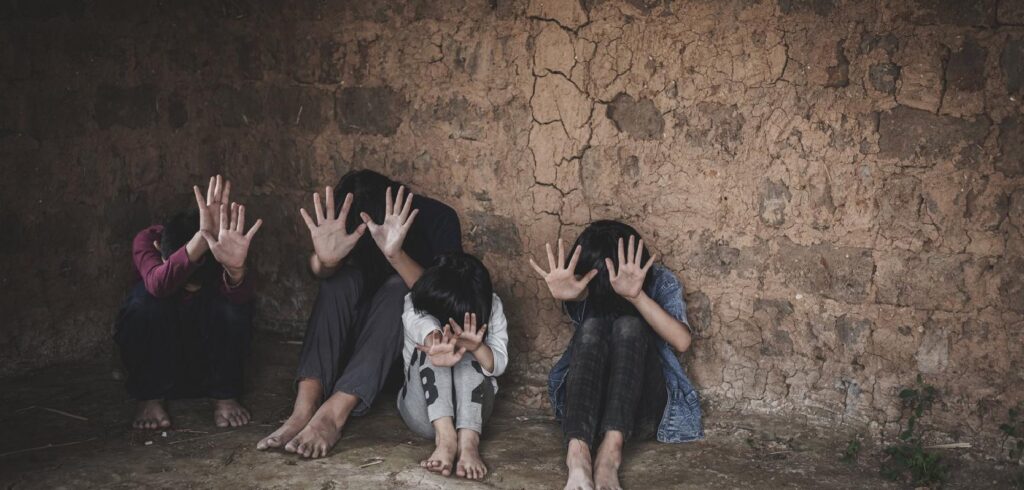
Poverty, unemployment and lack of opportunity force millions of people to seek a better life by moving from the place they call home. In Latin America and the Caribbean, illegal emigration is a major problem, and its coexistence with human trafficking and exploitation demonstrated the IDB’s modernization by country expert Nybia Laguarda, in a presentation at World Bank headquarters in Washington, DC. According to the United Nations, “human trafficking” is defined as “the recruitment, transportation, transfer, harboring or receipt of persons for the purpose of exploitation.” Starting from domestic servants to forced labor, organ harvesting, prostitution or other forms of sexual exploitation. Unfortunately, it’s also big business, generating US$32 billion annually worldwide. This makes human trafficking the most profitable crime after drug trafficking, according to statistics from the Organization for Economic Co-operation and Development (OECD, 2006). Every year, approximately 1 to 2 million children, women and men become victims of human trafficking; while traffickers earn between $4,000 and $50,000 per trafficked person, depending on the victim’s place of origin and destination

Besides the obvious human and legal rights violations of the victims, people trafficking also has a large negative impact on the world’s economy due to the significant loss of human and social capital. In addition, Laguarda said, people trafficking hinders the educational processes and capacity development for the victims, especially children and teenagers. Plus, it negatively affects the victims’ physical and psychological health, as they are sometimes excluded from society due to the trauma of their experiences of exploitation. On a more subtle level, Laguarda also pointed out how people trafficking jeopardizes each person’s integrity and tarnishes the reputations of the countries that allow it.
Despite the shocking statistics, people trafficking is a crime that still has not captured the attention of the public or made it to the top of political agendas in the region. Very few cases even make it to the courts

Steps to Address Human Trafficking which makes developing countries increasingly subject to trafficking, Education and increasing public awareness about human trafficking can help prevent this practice. Strict laws for every perpetrator and buyer become an international reference to further deter human trafficking. Strict and effective legal enforcement can be a deterrent for human traffickers, especially the lack of The protection of victims and the addition of victims from various developing countries means that the governments of their own countries are only able to speak out against human trafficking without taking the death penalty for perpetrators, including access to health services and psychological guidance. International Cooperation: Cooperation between countries and international organizations is needed to tackle human trafficking which often involves crossing borders. It is important to continue fighting for the elimination of human trafficking through collaborative efforts and global awareness

